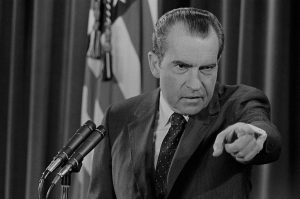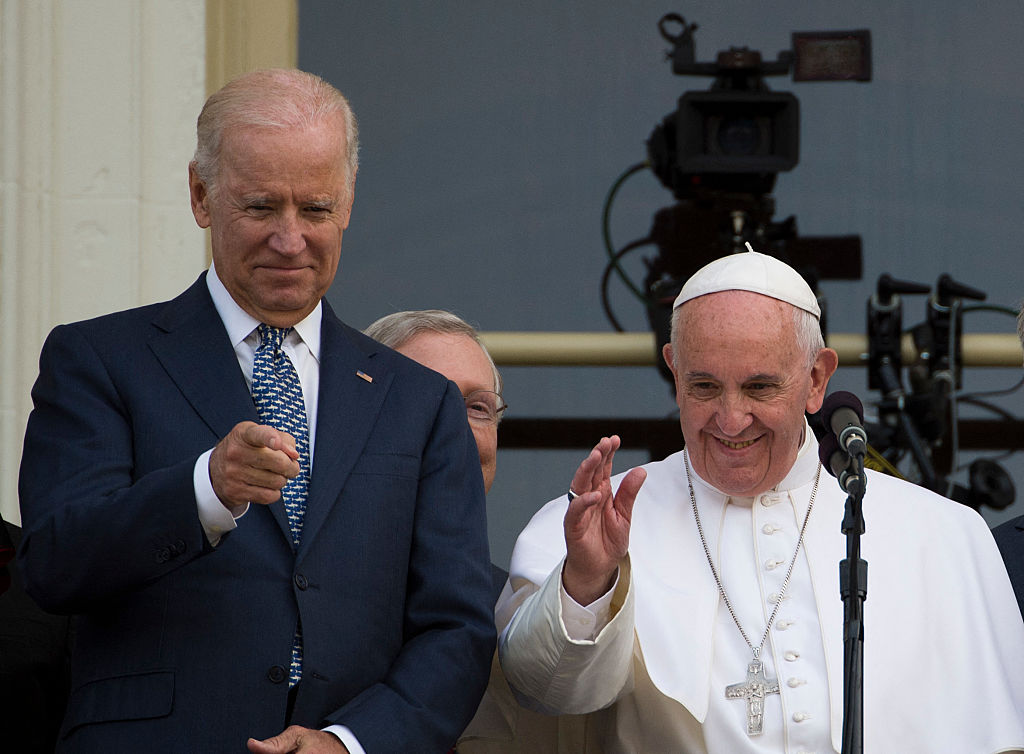A year ago today, the Taliban captured the northern Afghan city of Kunduz, dealing the US-supported Afghan government an embarrassing blow and setting in motion a blitz across the country that would eventually send Afghan President Ashraf Ghani and his closest aides into exile. A week later, Taliban fighters entered Kabul virtually unopposed. American forces would leave the country two weeks later, cutting the cord on a two-decade war that cost the US over $2 trillion and tens of thousands of casualties.
“We succeeded in what we set out to do in Afghanistan over a decade ago,” President Biden said from the White House last August 31. “Then we stayed for another decade. It was time to end this war.”
Much has changed since the troops left. The Taliban, which spent twenty years as insurgents fighting a system of government they viscerally opposed, now find themselves with the responsibility of running Afghanistan, a fractious country of 40 million impervious to central government authority. Afghanistan has essentially collapsed into destitution. While the end of the war has been a welcome relief to those in the countryside who had to dodge roadside bombs, airstrikes, and ground attacks on a daily basis, the Afghan people’s economic prospects lie somewhere between faint and hopeless. According to the US Special Inspector General for Afghanistan Reconstruction, 92 percent of the population is facing some level of food insecurity. The World Bank projects the Afghan economy will contract by about 30 percent between the end of 2020 and the end of this year.
The United States, meanwhile, has spent the past year downsizing its once grandiose ambitions in Afghanistan. It only took twenty years for the foreign policy establishment to grasp realty: creating some sort of Western-style democratic utopia in Central Asia was a pie-in-the-sky undertaking. Yet despite all the evidence to the contrary, there are high-profile national security hands — Retired General David Petraeus among them — who still argue that Washington could have succeeded in its goals if it had just stuck it out longer.
The US, according to Petraeus, demonstrated a “lack of commitment” to Afghanistan across successive administrations — a commitment he admits “would have required a sustained, generational commitment, one that would have continued to be frustrating and inevitably less than ideal.” But for the average American, such a campaign was never in the cards, nor could advocates of such an approach persuade the public it had a decent chance of actually working. Fortunately, by virtue of Biden’s decision to buck his generals and pull out, we didn’t have a chance to find out.
The Biden administration is avoiding the one-year anniversary of the withdrawal like the plague. The implementation of that withdrawal has been etched into history as chaotic and haphazard. It has been described as incompetent and cruel. Who can forget the Afghans at the Kabul airfield running alongside a giant US military plane, or the scenes of despair as tens of thousands of Afghans along the perimeter of the airport spent days in squalor trying to get inside?
The administration as a whole took a big public relations hit during the weeks-long evacuation effort. The fact that over 120,000 Afghans were flown out of the country in a very short period of time wasn’t as important to the media as the horrible scenes unfolding on the tarmac (the large, unwieldy crowds outside the airport gates allowed an ISIS suicide bomber to get into the sea of bodies, killing 13 US troops and 170 Afghans). The Afghanistan War Commission, a congressionally mandated body, will investigate all of this once it’s up and running.
How the evacuation was executed, however, was always a second-order question. Sure, it was important to get out of Afghanistan as quickly and as safely as possible. Nobody wants unnecessary death and damage, least of all those on the ground who are tasked with pulling off such an evacuation.
The more important subject was the withdrawal policy itself. Did Biden make the right call to leave?
The question can be answered with a resounding yes. Packing up and getting out was the right policy for three reasons: (1) the alternatives were terrible; (2) there was nothing left for the US to accomplish; (3) and the US didn’t need thousands of soldiers on the ground to protect the country from terrorist groups like al-Qaeda and Islamic State-Khorasan, which didn’t have the capability to launch attacks against the homeland. The third point was made visible in late July, when the United States successfully neutralized al-Qaeda chief Ayman al-Zawahiri with a drone strike. That America was able to target the most wanted terrorist on the planet proves the intelligence community maintains reliable on-the-ground sources, despite the naysayers who predicted another 9/11 after the US pulled up stakes.
The choice in August 2021 was simple: extricate yourself from an unwinnable situation, or extend the troop presence yet again, knowing full well the Taliban would view this as a deliberate violation of the 2020 Doha agreement and resume widespread attacks on American soldiers. Biden made the right choice then, and it remains the right choice today.

























